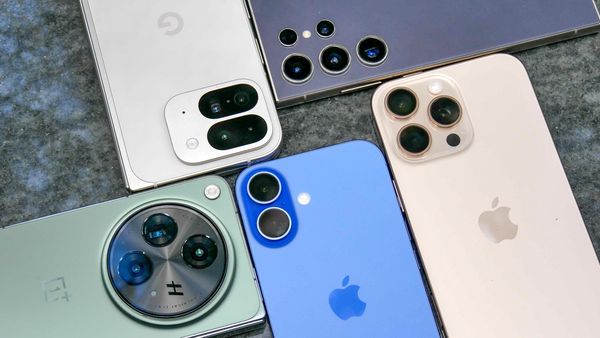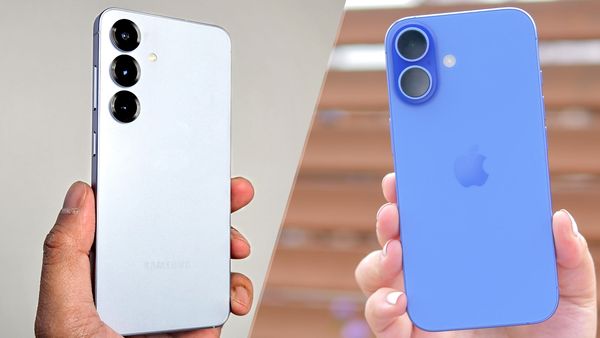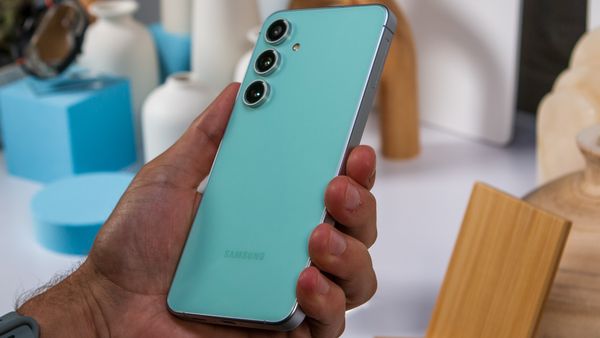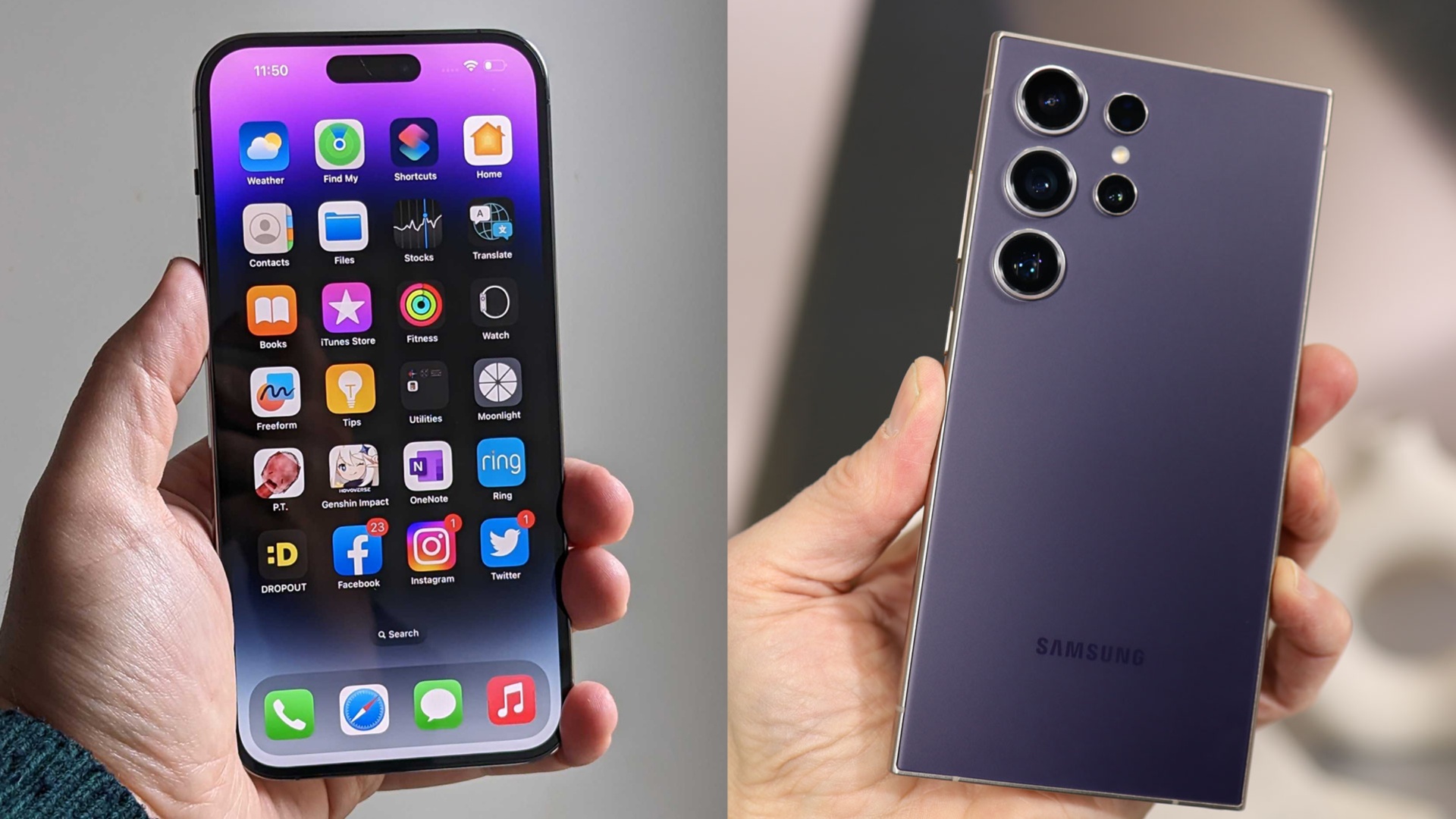
One advantage of buying an iPhone is that Apple's handsets typically hold their value better than other brands, so when it comes time to trade in your old phone and upgrade to a newer model, you get more of your money back. Well, that might not be the case for much longer.
Research carried out by SellCell (via Phone Arena) found that while iPhones still currently retain more value than other brands, since the iPhone 12, each successive range has on average decreased in value faster than the previous series.
The iPhone 12 series depreciated by 43.8% after 12 months, while the iPhone 13 series depreciated by 46.2% a year after its launch. The iPhone 14 series depreciated by 47.7% over the same period, and the iPhone 15 series by 48.2%.
For obvious reasons, we don’t have that data for the iPhone 16 yet, but in the first two weeks since its launch, SellCell has found that Apple’s latest line has decreased in value by 8% more than the iPhone 15 series did in its first two weeks of release.
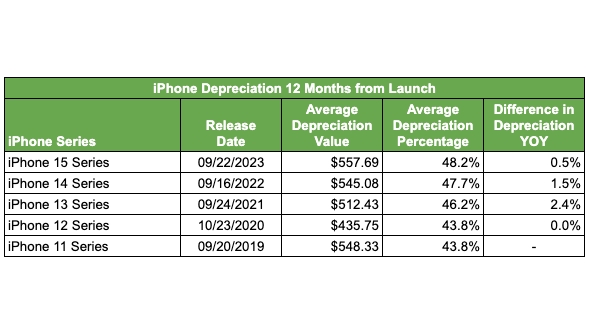
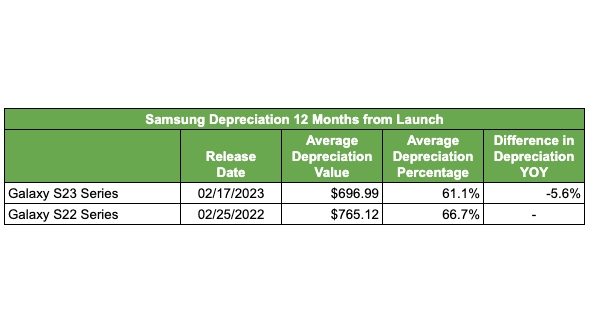
These differences – particularly the depreciation after a year – aren’t massive, but they are showing a steady decline in the ability for successive iPhone models to hold their value. On the flip side, the best Samsung phones are starting to hold more value.
The same report found that the Samsung Galaxy S22 series lost 66.7% of its value after a year, while the Samsung Galaxy S23 line lost 61.1%. We don’t have a full year’s worth of data for the Samsung Galaxy S24 series yet, but its six-month figure shows 3.7% less depreciation than the Samsung Galaxy S23 experienced after six months.
So, following this trend, it’s likely that the Samsung Galaxy S24 line’s full-year figure will be in the mid-to-high fifties, while the iPhone 16’s could be somewhere between 49% and the low fifties. That still puts Apple out in front, but the gap isn’t super wide anymore, and if this trend continues it could further close. Within a few years, it’s even possible that Samsung phones will hold their value better than iPhones.
So, if your phone holding value is of major importance to you, then you might soon want to consider switching from Apple to Samsung.
Of course, this is just one study, and it only looks at the US market, but SellCell has nonetheless used data from over 40 trusted buyback vendors, so it’s likely accurate for that region, at least.
A lack of support and excitement
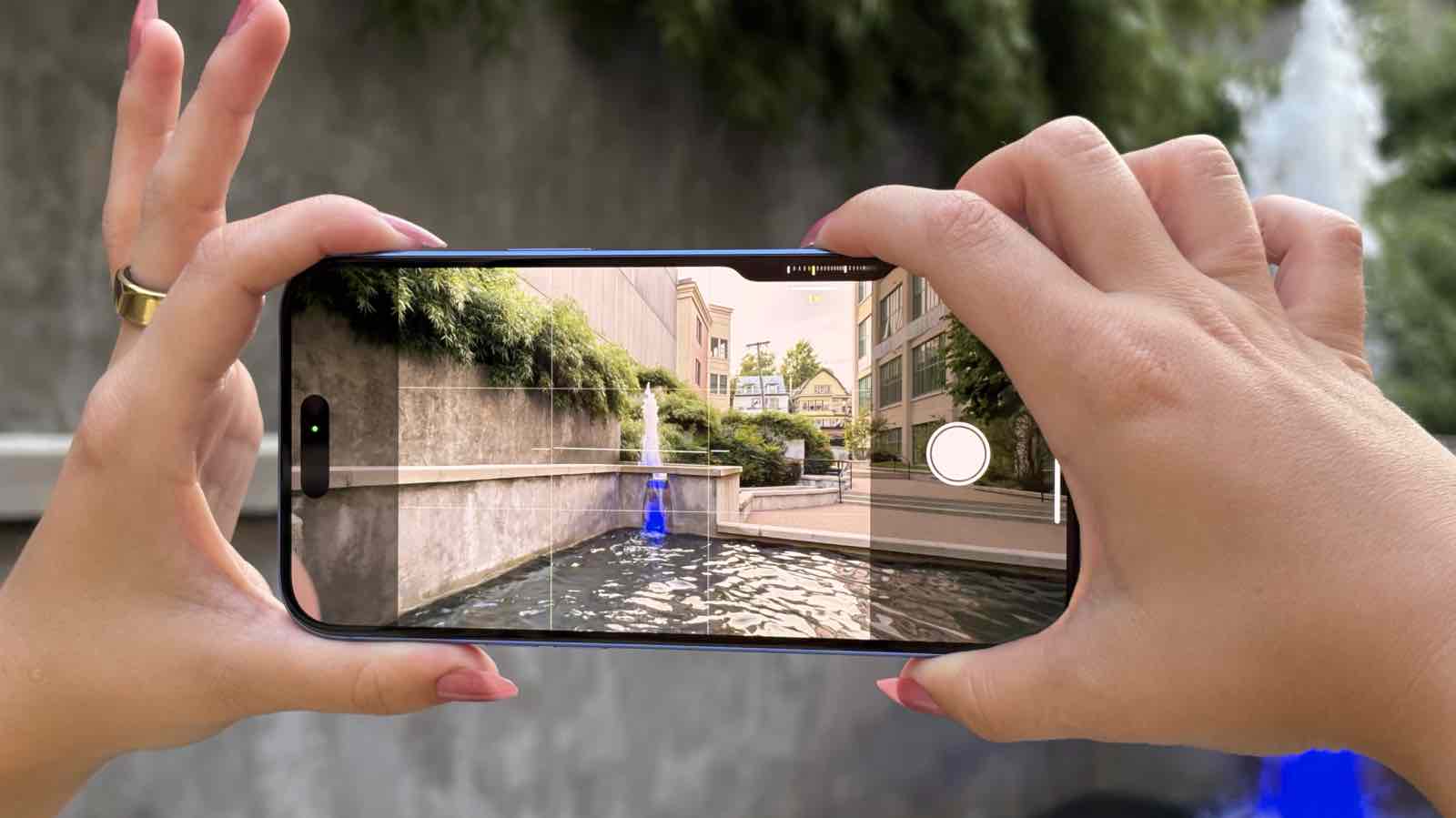
So, why is this happening? SellCell doesn’t take any guesses, but one possible factor is that Samsung’s high-end phones now get much longer-term support than they used to, with seven years of software updates.
Until the last couple of years, iPhones were supported for longer than any Android phone, but now Apple’s typical support window is a year or two less than Samsung is promising.
Phone Arena also posits that iPhones are becoming less exciting each year. We’re not really convinced that Samsung has been doing any more than Apple to build excitement in its recent phones, but at least with the iPhone 16 line, there does seem to be a widespread feeling – whether justified or not – that it’s a small or boring upgrade.
So, if Apple wants to reverse this trend, it might need to extend how long it supports its phones, and ensure that the the iPhone 17 line has some truly exciting upgrades.






